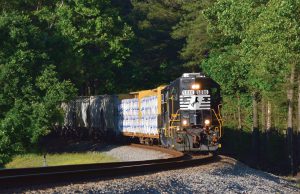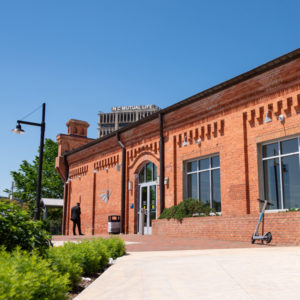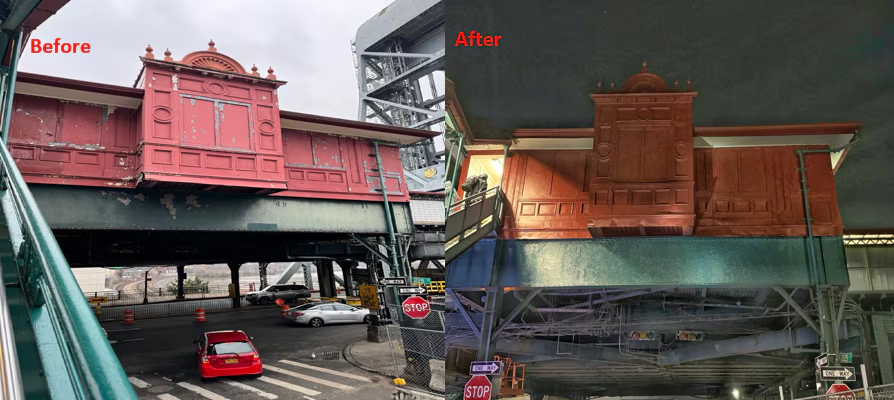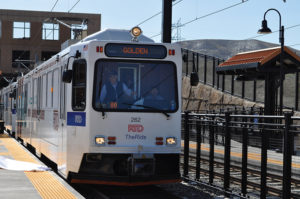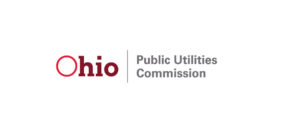Suspension of NY/NJ tunnel puts funds at risk
Written by jroodProponents of the $8.7-billion trans-Hudson rail tunnel warned the 30-day suspension imposed on the massive project could put its federal funding at risk, the Newark Star Ledger reports. At the same time, some voiced concerns the project might be deliberately sacrificed to pay for the nearly bankrupt New Jersey Transportation Trust Fund, which supports state road and rail improvements - including the tunnel.
"I hope this isn’t a
way to argue that we kill the tunnel and use (the money) for the trust
fund," said Assemblyman John Wisniewski (D-Middlesex), who chairs the
transportation committee. "This project is too important to New
Jersey."
Wisniewski said he was
blind-sided by how the suspension was put in play – with little warning as if
it were an emergency – in the wake of questioning by federal officials over
possible cost overruns. "Sounds like a prudent act of governing," he
said of the freeze. "But the way this whole thing has developed certainly
raises questions."
The governor’s office
declined to answer questions on the matter today and said it would have no
comment.
U.S. Sen. Robert Menendez
(D-N.J.) said the suspension could threaten $3 billion in federal grant
funding. "People on the other side of the river are salivating over the
prospect of getting that money," he said of New York officials, who are
facing cost overruns on two major transportation projects there. "I’m
worried that delay puts all of it at risk."
Sen. Frank Lautenberg
(D-N.J.) voiced similar fears. "The federal government has committed $3
billion to this project – that is $3 billion that other states would pounce
upon, given the opportunity," he said.
On Saturday, NJ Transit
Executive Director James Weinstein told The Star-Ledger the state was taking
the extraordinary step of temporarily shutting down all new work, and
suspending additional bidding on the costly railway tunnel project. Work
already under way, including a track underpass in North Bergen and a tunnel
segment under the Palisades, will continue. But all new work, including real
estate acquisition, will be frozen.
Weinstein said officials
planned to take 30 days to re-evaluate the budget following discussions with
federal transportation officials who have been projecting the venture could go
more than $1 billion over budget. The federal government and the Port Authority
of New York and New Jersey are each putting in $3 billion for the project; New
Jersey’s share is $2.7 billion.
However, the issue may be
more complicated than possible cost overruns. The Transportation Trust Fund is
intrinsically linked to the outcome of tunnel project. The Federal Transit
Administration has yet to finalize the closing agreements on the project
funding and part of the holdup, according to state officials, is that the government
wants to see a plan to fix the trust fund before it releases the grant money. Yet
there is little appetite in Trenton to raise gasoline taxes or tolls to salvage
the $1.6 billion capital improvement fund.
The tunnel project,
officially known as the ARC, or Access to the Region’s Core, Trans-Hudson
Express Tunnel, is scheduled to be completed by late 2018. It is designed to
more than double rail capacity between New Jersey and New York, from 23 trains
per hour during peak periods to 48 trains per hour, with the addition of two
new tunnels that will take trains from Secaucus Junction to a new terminal at
34th Street in New York.
The price tag has increased
steadily over the years, from $5 billion to the current $8.7 billion.
Sen. Michael Doherty (R-Warren)
complained the project was ill-conceived from the start by not routing the
tunnels to New York Penn Station, or linking to Grand Central Terminal on
Manhattan’s East Side. Instead, the tunnels will terminate 200 feet below 34th
Street near Macy’s, where a new station will be built underground.
NJ Transit officials say
the route was dictated by engineering and cost constraints.

